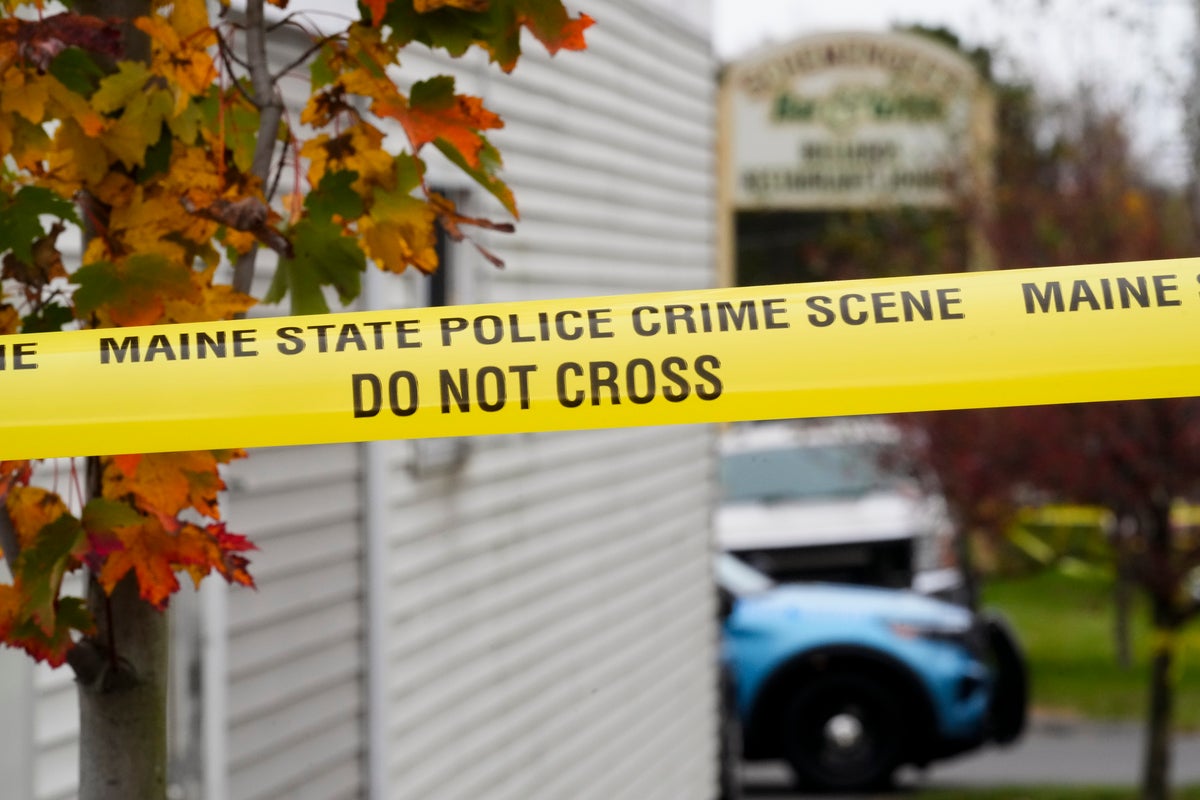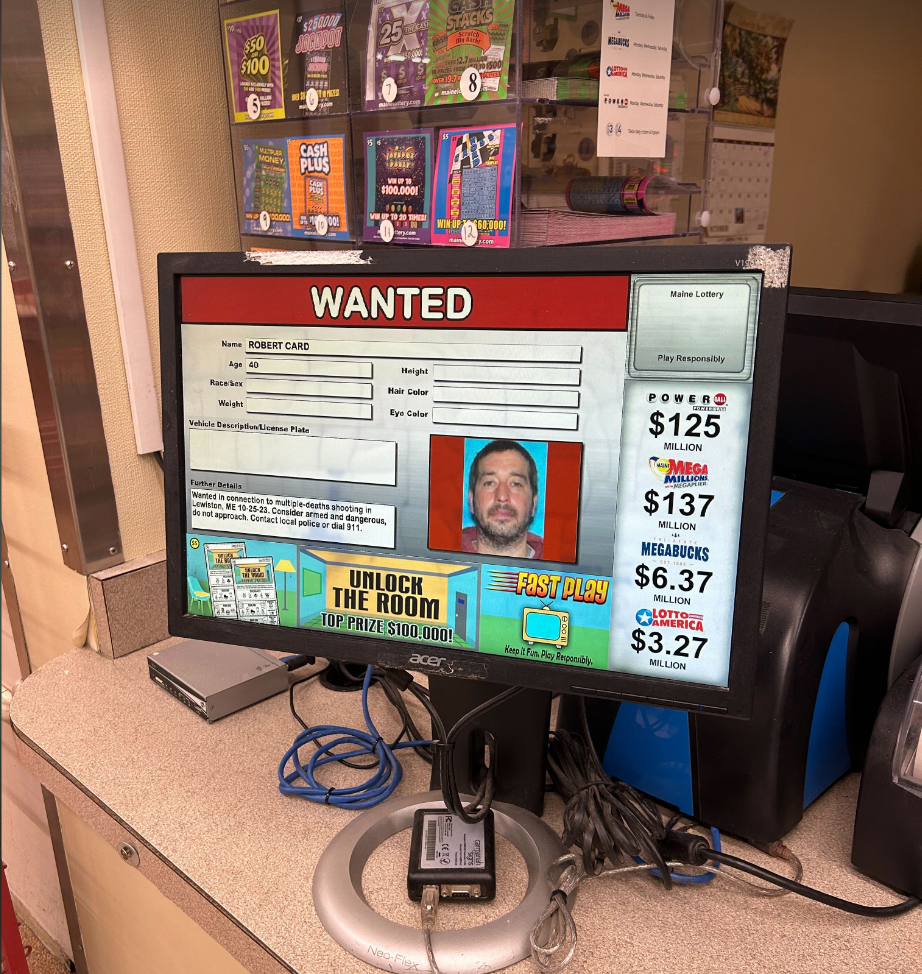
Preliminary details about the death of the suspected gunman who killed 18 people and injured 13 others in a mass shooting in Lewiston, Maine indicate he may have been alive most of the time law enforcement was searching for him.
The Maine Medical Examiner’s Office said that the suspected gunman, identified as 40-year-old Robert Card, may have died just eight to 12 hours before he was located.
After the shooting that took place on 25 October, local, state and federal law enforcement teams spent nearly two days searching for the gunman across the state.
He was found on 27 October inside a trailer at the Maine Recycling Corporation where he previously worked. He is believed to have died by suicide.
“The postmortem interval based on rigor mortis and other physical signs indicate Mr Card was deceased likely 8-12 hours before being located,” a spokesperson for the office told CBS News in a statement.
The Independent has reached out to the Maine Medical Examiner’s Office for comment.
The new information about the shooter’s death indicates he could have been on the run and hiding from law enforcement for more than 24 hours after the shooting took place.
Law enforcement found the shooter after the owner of the recycling plant reportedly called police urging them to look at the 55 to 60 trailers on the lot. Police had already searched the area beforehand.
However, a spokesperson for the medical examiner’s office told the Associated Press that the gunman suffered from a condition that affected the way blood settled in his body, making his exact time of death uncertain.

The tragic shooting is the deadliest to have occurred in the US so far this year.
Details about the gunman’s mental health history and law enforcement encounters have raised questions about whether the shooting could have been prevented.
The shooter, an Army reservist, was admitted to a mental health institution earlier this year after having auditory hallucinations. His family said they were becoming increasingly worried about him as he displayed signs of aggression.
Law enforcement officials were made aware of Card’s behaviour in September after one of the shooter’s fellow reservists notified a superior that he could “snap” and carry out a mass shooting.
Authorities were alerted about the gunman and asked to conduct a welfare check. But the alert was cancelled exactly one week before the shooting took place.
The preliminary information about the gunman’s death is not an official autopsy report. The Medical Examiner’s Office said the final report would only be released with permission of Card’s next of kin.
A spokesperson for the office told CBS News it could be months before the official report is released.







